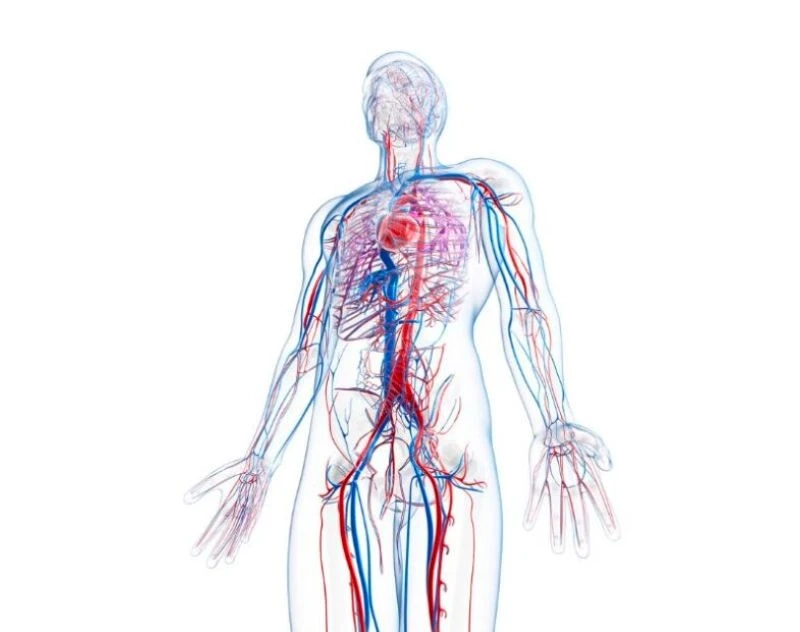What is a Vascular Surgeon?
A vascular surgeon is a medical doctor who specializes in the diagnosis and treatment of disorders of the vascular system, which includes the arteries, veins, and lymphatic vessels. Vascular surgeons are trained to perform a variety of procedures, including open surgery, endovascular procedures (procedures performed inside blood vessels using a catheter), and minimally invasive procedures. They may also provide medical management for patients with vascular conditions, including prescribing medications and developing treatment plans. Vascular surgeons may treat a wide range of conditions, including arterial aneurysms, carotid artery disease, peripheral artery disease, and venous insufficiency. They may also perform surgery to repair or bypass blocked or damaged blood vessels.
What is an Arterial aneurysm?
An arterial aneurysm is a bulge or ballooning in a blood vessel caused by a weakness in the blood vessel wall. Aneurysms can occur in any blood vessel in the body, but they are most common in the aorta, the main blood vessel that carries blood from the heart to the rest of the body. Aneurysms can be either true aneurysms, which involve all three layers of the blood vessel wall, or false aneurysms, which only involve the outer two layers of the blood vessel wall. Aneurysms can be asymptomatic or they can cause symptoms such as pain or a pulsating sensation near the aneurysm, depending on the size and location of the aneurysm. Treatment for an aneurysm may include medications, lifestyle changes, and surgery.
What is Carotid artery disease?
Carotid artery disease, also known as carotid artery stenosis, is a condition in which the carotid arteries, which are the major arteries in the neck that supply blood to the brain, become narrowed or blocked. This can reduce or block the flow of oxygen-rich blood to the brain, which can increase the risk of stroke. The most common cause of carotid artery disease is plaque buildup, which is a deposit of fat, cholesterol, and other substances in the inner lining of the artery. Risk factors for carotid artery disease include high blood pressure, high cholesterol, smoking, diabetes, and a family history of the condition. Symptoms of carotid artery disease may include temporary loss of vision or muscle control, slurred speech, or dizziness. Treatment for carotid artery disease may include medications, lifestyle changes, and surgery.
What is Peripheral artery disease?
Peripheral artery disease (PAD) is a condition that occurs when the arteries that supply blood to the limbs, typically the legs, become narrowed or blocked. This can reduce or block the flow of oxygen-rich blood to the limbs, leading to a decrease in physical activity and quality of life. The most common cause of PAD is plaque buildup, which is a deposit of fat, cholesterol, and other substances in the inner lining of the artery. Risk factors for PAD include high blood pressure, high cholesterol, smoking, diabetes, and a family history of the condition. Symptoms of PAD may include leg pain or cramping, numbness or weakness in the legs, coldness in the lower legs and feet, and sores on the toes or feet that do not heal. Treatment for PAD may include medications, lifestyle changes, and surgery.
What is Venous insufficiency?
Venous insufficiency is a condition that occurs when the veins in the legs are unable to properly pump blood back to the heart. This can cause blood to pool in the legs and can lead to a variety of symptoms, including swelling, pain, cramping, and a feeling of heaviness in the legs. Risk factors for venous insufficiency include a family history of the condition, being overweight or obese, and standing or sitting for long periods of time. Treatment for venous insufficiency may include wearing compression stockings, elevating the legs, and exercising regularly to improve blood flow. In some cases, surgery may be necessary to repair or remove damaged veins. It is important to seek medical treatment for venous insufficiency to prevent complications such as skin ulcers and blood clots.
To find out more about Vascular Surgeons, please visit Cape Town Vascular at https://capetownvascular.co.za/specialist-surgeons/
This article was first published at https://topclickblogs.co.za/learn-more-about-vascular-surgeons-and-the-conditions-they-treat/
0


